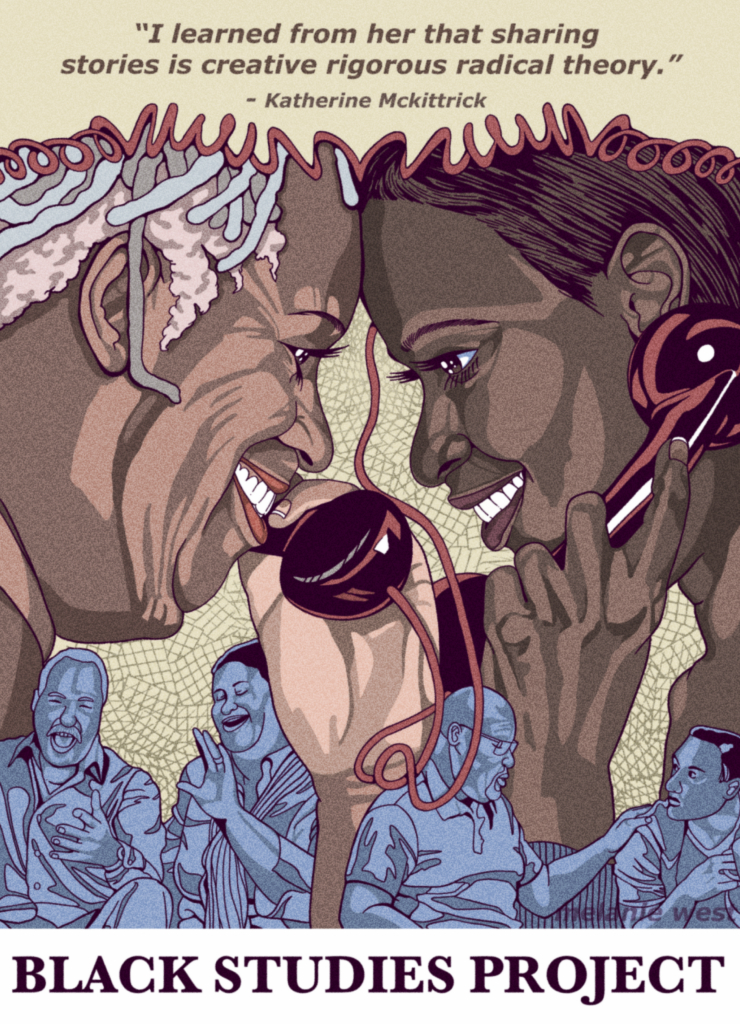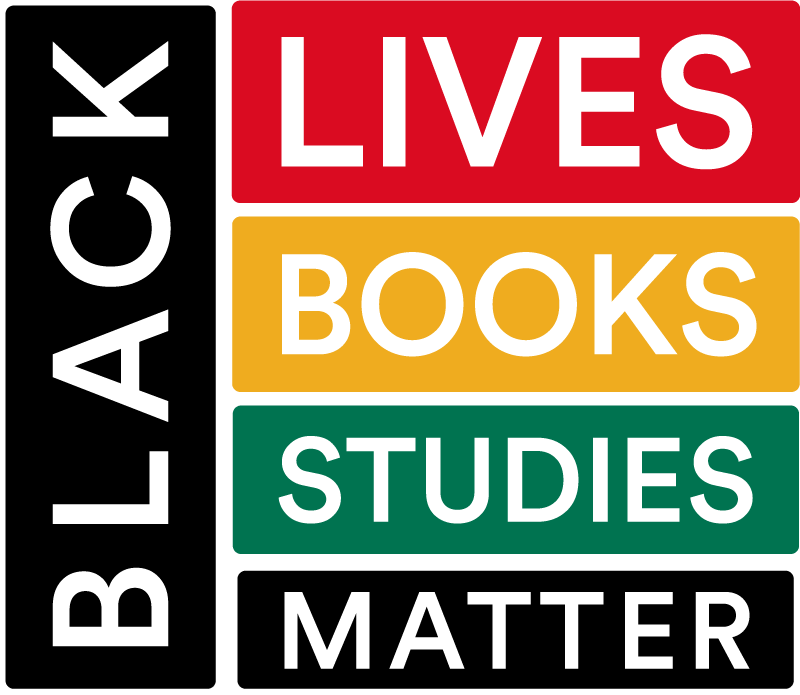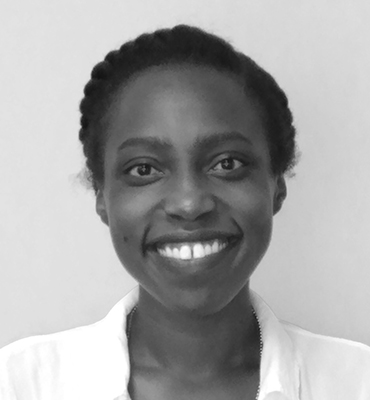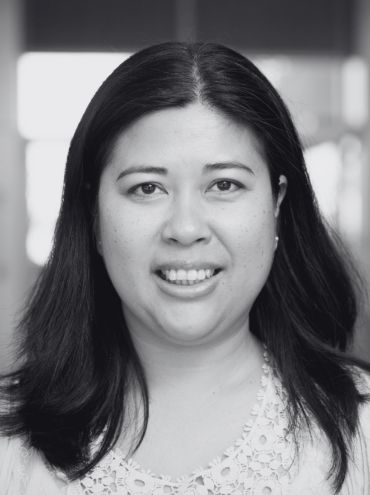About BSP
The Black Studies Project (BSP) is an interdisciplinary formation for collaborative research , intellectual exchange, and student engagement in the field of Black Studies. BSP provides a platform for supporting meaningful work among faculty, graduate and undergraduate students from across the UCSD campus, while building sustainable and mutually beneficial relationships with broader San Diego and UC communities. BSP currently focuses on three areas of inquiry: intersectional analysis of race, class, gender, and sexuality; transnational and diasporic studies; and social justice movements. Public programming, research funding, and sponsored intellectual collaborations provide valuable opportunities for the study of black life, history, cultural production, and politics in the US and globally.
BSP recognizes that intellectual community thrives in a social environment, and the project serves as both a landing and launching space for cultivating new ideas, collaboration, friendship, and multi-tiered mentorship. A life of the mind that bridges inquiries in the Humanities, Social Science and STEM fields can be found here.

- Illustration by Melanie West
History of the Black Studies Project at UC San Diego
In the Fall of 2013, a cross-divisional group of over a dozen faculty members from three divisions and nearly ten schools/departments, along with a select number of interested graduate students and staff, came together to organize a yearlong series of speakers, symposia, and workshops entitled “Thinking Race, Gender and Place: A Black Studies Project.” This included three major talks with invited nationally-known speakers: Rethinking Black Studies: Thought and Politics in Black Queer Time; Reading Rosa Parks; Black History’s Lessons for Today; and Race, Politics, and Neoliberalism After 9/11. We have been growing since then.

BSP Co-Directors

Jessica Graham
Co-Director for the Black Studies Project (BSP)
Jessica Graham completed her Ph.D. in history from the University of Chicago (2010) and a master's degree in Africana Studies at Cornell University (2000). During a break from graduate school after leaving Cornell, Professor Graham spent two months in Brazil, where her experiences with Afro-Brazilian academics and activists led to an interest in Brazilian history. Her current book manuscript, Shifting the Meaning of Democracy: Racial Inclusion as a Strategy of the U.S. and Brazilian States, 1930-45, assesses Brazil and the United States during the Great Depression and World War II. Her book examines the impact of communism, fascism, the Second World War, and Brazil-U.S. relations on evolving racial meanings of political democracy in both nations. Research for the project has been supported by a grant from the Rockefeller Archive Center, a Fulbright-Hays Dissertation Fellowship, a University of Notre Dame Erskine A. Peters Dissertation Fellowship, and a University of Notre Dame Moreau Postdoctoral Fellowship, among others.

LaGina Gause
Co-Director for the Black Studies Project (BSP)
LaGina Gause is an Associate Professor in the Department of Political Science at UC San Diego. Her work explores the political power and representation of low-income and marginalized racial and ethnic groups in the United States. Her award-winning book, The Advantage of Disadvantage: Costly Protest and Political Representation for Marginalized Groups (Cambridge University Press, 2022), demonstrates that protest is a valuable political tool for politically marginalized groups. She has published other work examining how resources and incentives affect the strategic choices made by candidates running for office, interest groups lobbying the federal government, and legislators responding to the participation and public opinion of constituents from different racial, ethnic, and income levels. Professor Gause received her Ph.D. in Public Policy and Political Science, as well as her M.A. in Political Science, from the University of Michigan. She received her B.A. from Howard University.

Lorraine Makone
Associate Director for the Black Studies Project (BSP)
Lorraine joined the Black Studies Project in August of 2022. She began her training in Political Science with a Global Studies concentration at the University of Delaware. During this time she organized actively with student union groups, and through the McNair Scholars Program conducted fieldwork in New Jersey investigating the impact of being undocumented on high school educational outcomes. Lorraine’s research sought to interrogate discourses of merit deployed within immigration advocacy and policy circles. After graduation, Lorraine studied at the Africana Studies and Research Center at Cornell University, within the Master’s Program. At Cornell, Lorraine further pursued questions around citizenship and identity, investigating the impact of increasing international Afro-Ecuadorian visibility on the movements for racial justice and communal economic empowerment in Ecuador. Lorraine went on to complete a law degree at Cornell, and continued to pursue questions of rights and the dynamics involved in creating a subject of those rights, most recently studying those questions in Gauteng province, South Africa. Lorraine maintains that none of her research and exposure would have been possible without the work of activist scholars and scholarship within and outside the academy. It is with this conviction that Lorraine works in service of the Black Studies Project at UC San Diego.

Gennie Miranda
Ethnic Studies, Chief Administrative Officer
Programs: Black Studies Project (BSP), Critical Gender Studies (CGS)
Gennie Miranda serves as the Chief Administrative Officer (CAO) of the Department of Ethnic Studies, Black Studies Project, and Critical Gender Studies Program. She received her M.A. in Education from San Diego State University and her B.A. in Psychology from Macquarie University, Australia. Gennie is a Filipina American who grew up in Sydney, Australia. Having lived on three continents (so far :), she personally has a deep appreciation of diverse cultures and everyone she's met who have enriched her life. In her capacity as CAO, Gennie manages departmental administrative functions including finance and budget, faculty recruitment, faculty support, human resources, website, facilities, and staff supervision.
BSP Co-Founders
Dayo F. Gore
Black Studies Project (BSP) Co-Founder
Dr. Dayo F. Gore is an associate professor of African American Studies at Georgetown University. Prior to joining the department, she was an Associate Professor in the Department of Ethnic Studies and the Critical Gender Studies program at the University of California, San Diego and Chair of the Department of Ethnic Studies and founding Director of the Black Studies Project at UCSD. Her research interests include black women’s intellectual history; 20th century U.S. political and cultural activism; African American and African Diasporic politics, and gender and sexuality studies. She earned a Ph.D. in History from New York University and has previously taught at the University of Massachusetts-Amherst. Dr. Gore is the author of Radicalism at the Crossroads: African American Women Activists in the Cold War, which charts the political commitments and strategic leadership of a network of black women radicals operating within the U.S. left from the 1930s through the 1960s. Dr. Gore is currently working on a book length study of black women’s transnational travels and activism in the long twentieth century, forthcoming from Princeton University Press as part of its America in the World series.
Sara Clarke Kaplan
Black Studies Project (BSP) Co-Founder
Sara Clarke Kaplan is an associate professor of Literature at American University. A scholar of feminist and queer theory and African Diaspora literary and cultural production, her work has appeared in a number of journals, including American Quarterly, American Literary History, Callaloo, TDR, and the Journal of Black Women, Gender, and Families. Her book, The Black Reproductive: Feminism and the Politics of Freedom is forthcoming from the University of Minnesota Press. She is currently at work on two new projects: an interdisciplinary consideration of Black feminist geographies of slavery in the Americas; and a study of how twentieth-century Black aesthetic forms deploy Diasporic spiritual practices and cosmologies to reconfigure Black gendered geographies, histories, and subjectivities.